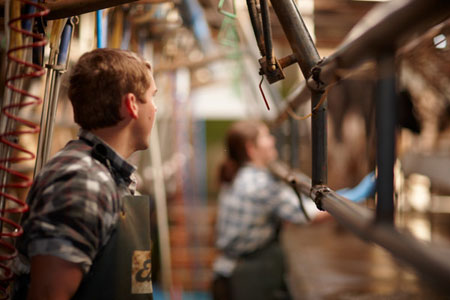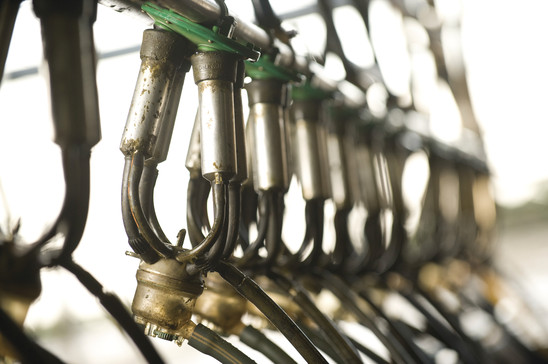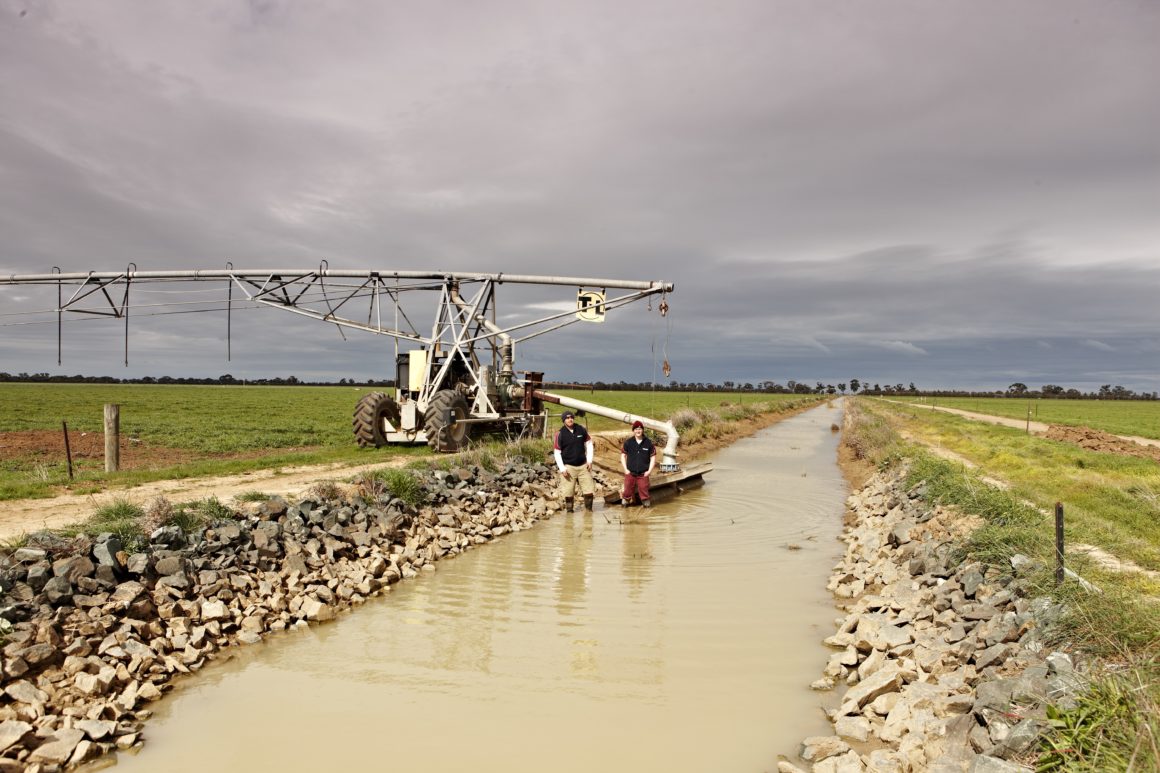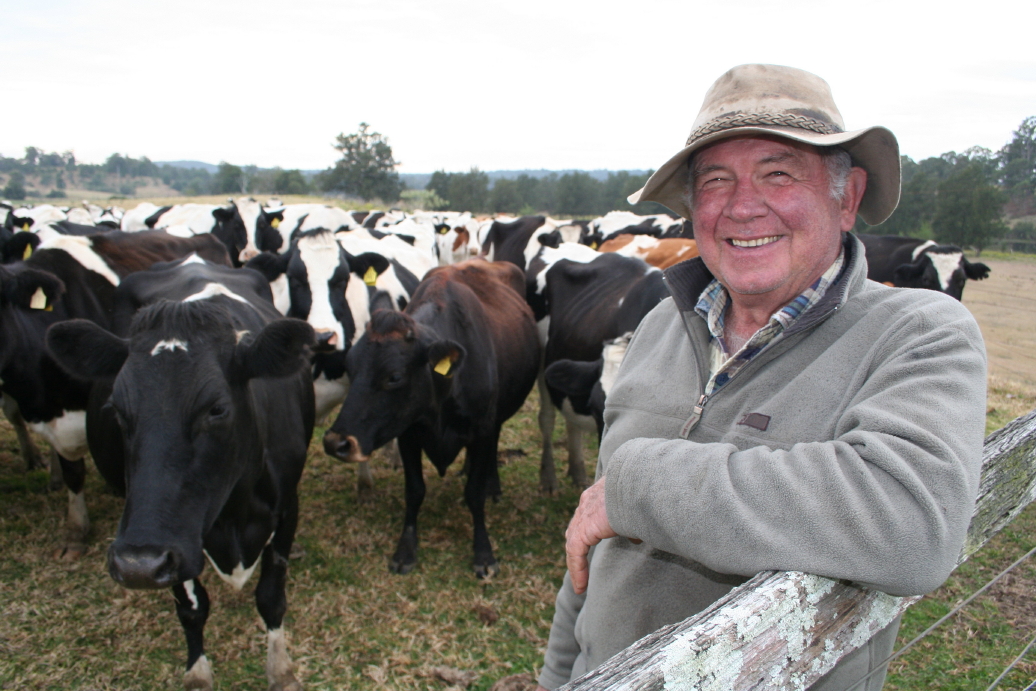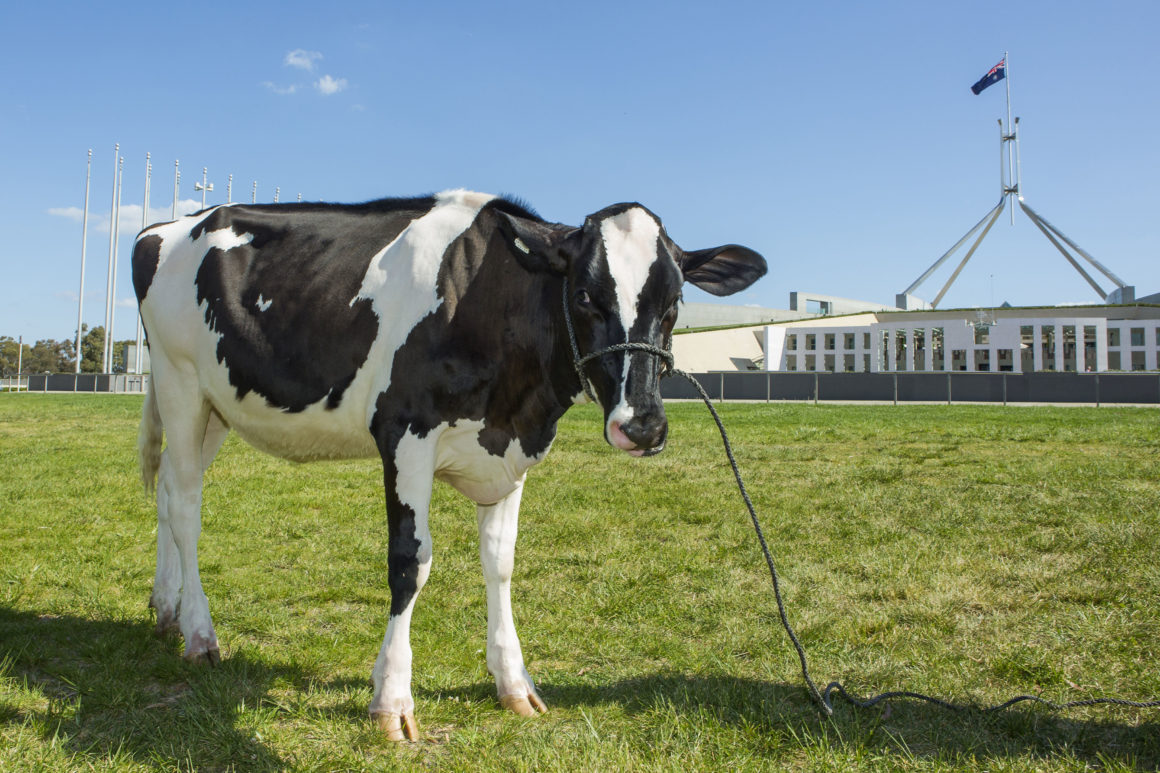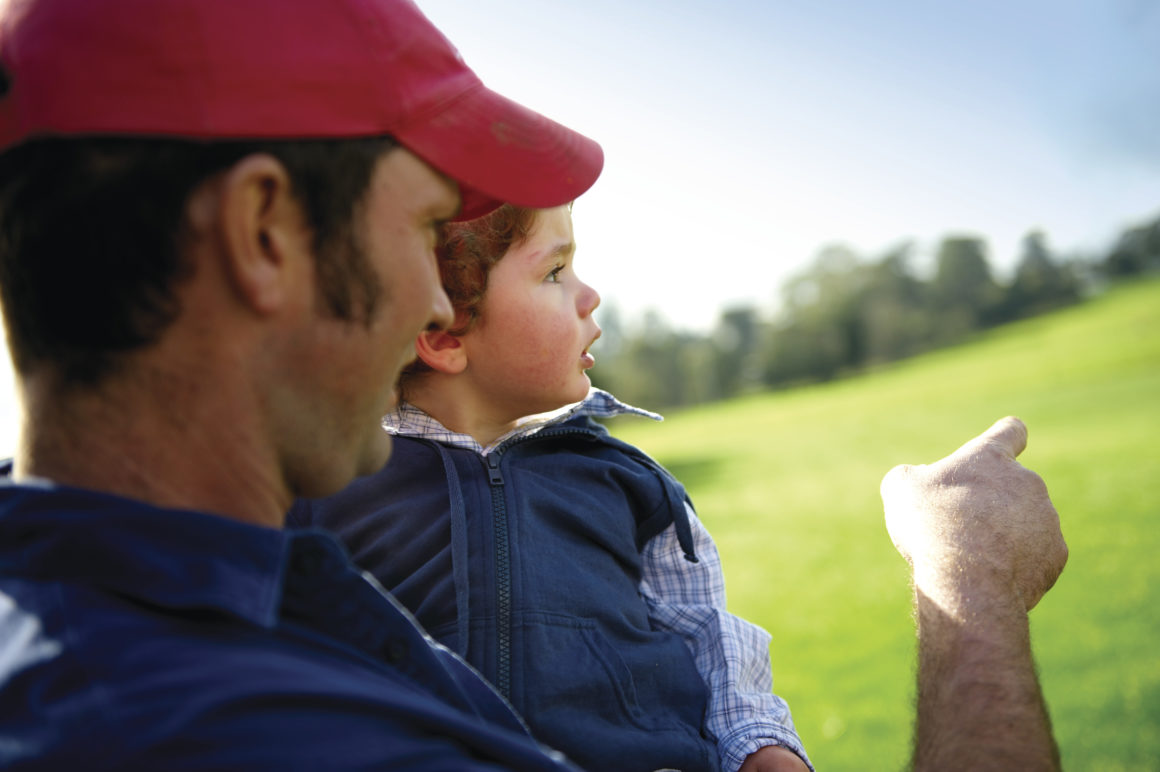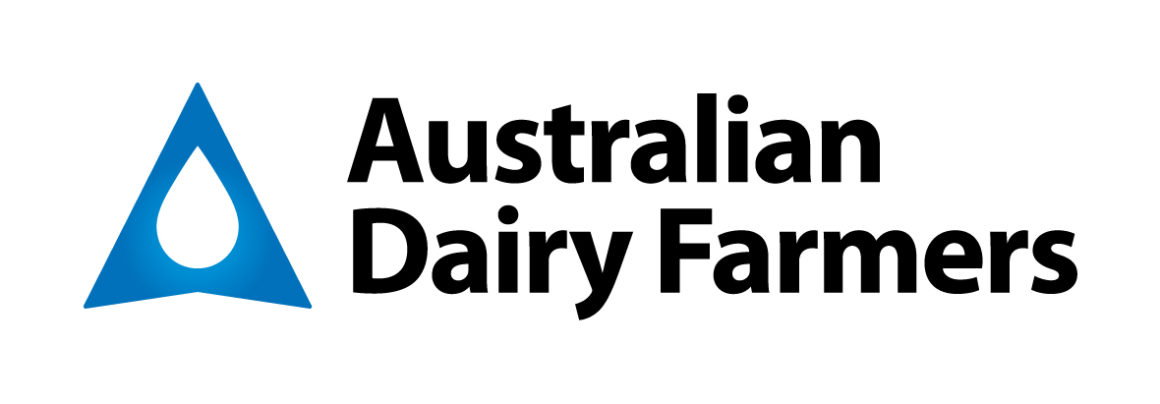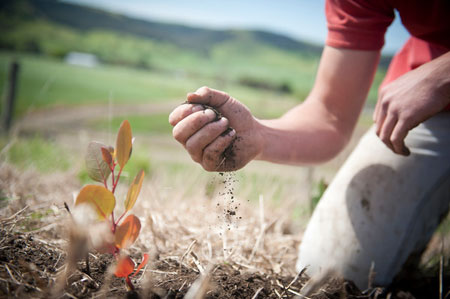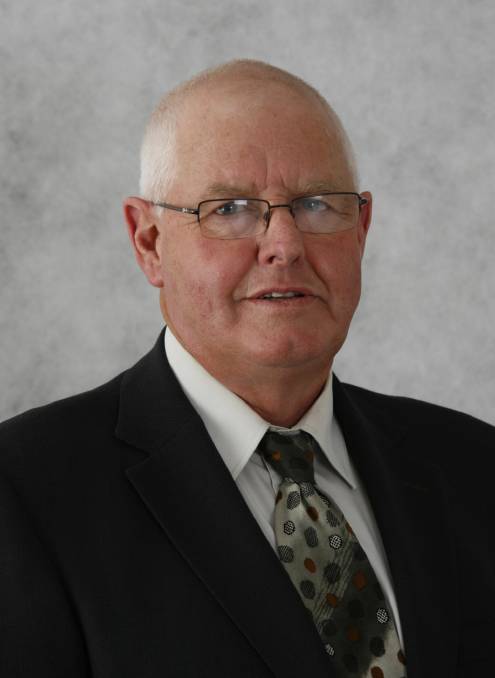A world-leading smart phone app developed by the ADHIS and Dairy Australia to help farmers
choose bulls to meet their breeding objectives is now available to download, free for dairy farmers and advisors.
The Good Bulls app has been designed in close consultation with dairy farmers and advisors and builds on the popular Good Bulls Guide. The app, which can
search from over 20,000 bulls, allows farmers and advisors to search, filter, short list and export bulls based on Australian Breeding Values and Australia’s
three indices.
ADHIS Extension Officer Sarah Saxton has led the team that helped create the Good Bulls app. She said the app will be an invaluable tool to access bull
information anywhere at any time, so farmers can take charge of their herd.
“The Good Bulls app really puts the power of herd improvement in the palm of your hand by giving users on-the-go access to over 20,000 bulls and the ability
to enquire about prices with their supplier at the click of a button” Ms Saxton said.
“It’s quick and easy. Select your index and shortlist bulls based on the traits you want to improve in your herd using the Good Bulls app”
The Good Bulls app answers a strong desire by farmers and advisors to be able to filter and sort bulls based on their preferences and to improve profit
in a fun and easy way.
Sarah says “We conducted over 20 hours of one on one interviews with a range of farmers and advisors in the design of the app so we are confident this
is going to be an essential tool for the industry”.
The Good Bulls app is available for both iPhone and Android phones.
For details on how to download the app visit www.adhis.com.au/goodbulls



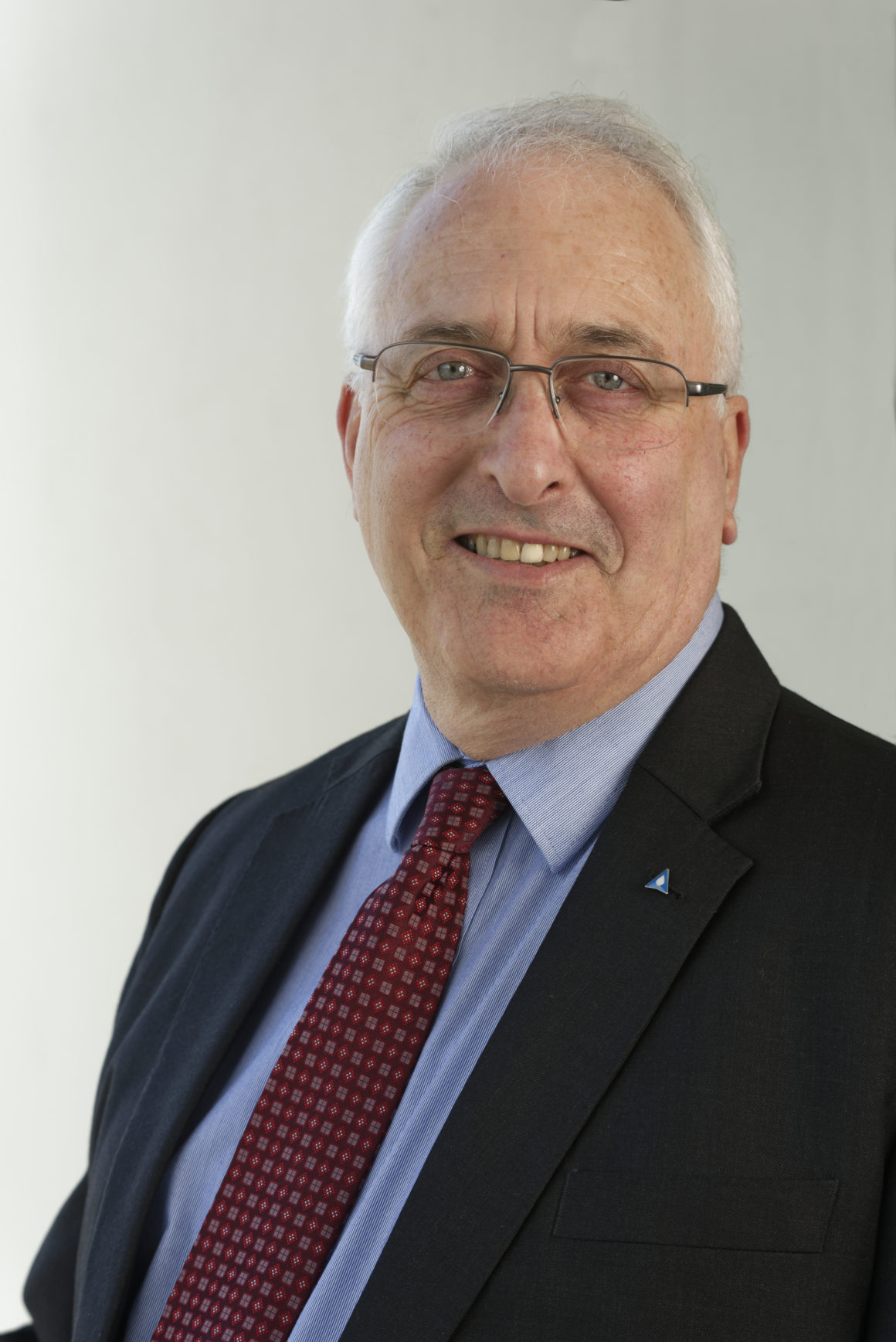
 Terry Richardson
Terry Richardson
